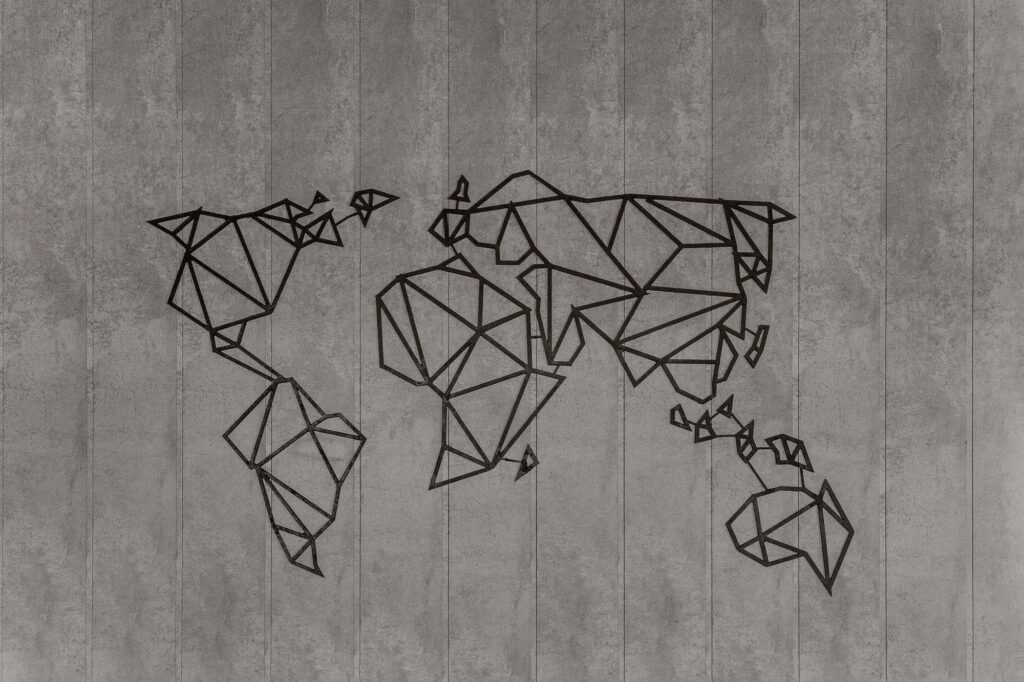Editor’s note: The following comprises the thirteenth chapter of The Jews, by Hilaire Belloc (published 1922).
(Continued from Chapter 12: Our Duty)
CHAPTER XIII: THEIR DUTY
Where positive causes have been found for an evil it is obvious that the cure of that evil consists in the removal of the causes, in so far as they can be removed.
In the particular case of the friction between the Jewish community and their hosts the causes of that friction are the foolish and dangerous habit of secrecy and the irritating expression of superiority. The causes the Jew can remove if he will. The matter is in his own hands: we can do nothing: he can do everything.
But beyond this negative duty which is incumbent upon the Jews if they would achieve a peaceful issue of the perils which menace their future, there is a positive action also incumbent upon them. They must foster, they must even propose, institutions which will the better mark them off from a society not their own and restore to them the dignity of a nation. I shall in the last chapter of this book contend that the policy leading to a solution must repose not upon direct laws of our own imagining, not upon reactions which will almost certainly prove oppressive, and almost certainly be evaded, but upon a general spirit recognizing the separate nationality of the Jews. But though this is true of every Christian Western State in which they find themselves, it is not true of their own nation. They on their side may well come forward with propositions which they have the capacity for making, because they will know how to frame them (as we cannot) after a fashion consistent with their own dignity and their own tradition. There is a beginning of such things already present in the Jewish schools, the Jewish guardians and the considerable separate organization which the Jews have openly set up for their community in this country. These beginnings have but to be extended.
Those who are openly hostile to Jews will say that any proposals coming from their side will conceal a trap. “This people” (they say) “will always suggest things which will seem innocent enough and apparently do no more than define their position plainly for the future; but we shall find ourselves caught in an obligation and the Jews more our masters than ever. They will,” say these objectors, “remain as they are today, and while they claim every privilege as a separate community, they will also insist upon the full citizenship which is incompatible with this attitude. We shall find that, whatever institutions we ask them to frame, those institutions will work not only in their favour but also heavily against us.”
I doubt it. The special Jewish institutions already at work have no such effect. On the contrary, they already relieve the strain. One of those institutions, for instance, is the Jewish press: the newspapers specially devoted to Jewish interests and acting as spokesmen for Jewish ideas. They are not always as polite as they might be. I have had myself at times to lodge a complaint against the way in which they have treated sincere efforts for the settlement of our difficulties and an honest attempt at finding a way out. They have left a handle to their enemies sometimes by too insistent or, as those enemies would call it, too arrogant a claim, and they do write now and then as though we, the vast majority, had no rights and the only thing worth considering was the advancement of their own people.
But, after all, it would be absurd to expect anything else. A small minority vigorously fighting its own hand must exaggerate its claim; an organism defending itself against very heavy pressure from without cannot but appear aggressive, and I shall always maintain that the presence of an openly Jewish institution speaking for Jewish interests, no matter how insistently, is an excellent thing. It presents a healthy contrast with the converse attempt to present Jewish arguments under the cover of neutrality, and to spread Jewish ideas anonymously through what are very far from being neutral agents.
If I be asked what institutions I have in mind I can only repeat that it is for the Jews themselves to make the first proposal, but I suggest an extension of the system, which is already present in embryo, whereby disputes between Jews shall be arbitrated before a Jewish tribunal. Not only its extension but its confirmation at the request of the Jews themselves, might be a good thing. It would also not be a bad thing if—some time hence when things were ripe for the change—disputes between Jews and non-Jews could be tried in Courts where the special character of such disputes, the distinctive difference between them and disputes between the fellow-citizens of the country in which they live, should come before tribunals of a mixed character. To attempt this to-day would, of course, be a very new departure in procedure, indeed a revolutionary one; and there is no prospect of it for a long while; but with the growing number among us, and the growing influence, of Jews it will, I think, when it does come at last, be of advantage to both parties. It would be fatal if it were imposed upon them. It would not be accepted. It would not work. But if it were suggested by the Jewish community spontaneously, and started and developed by them, it would succeed. And it would add a great deal to the relief already experienced for the functioning of the other institutions I have mentioned.
There is little more to be said under this head. Apart from the duty of open dealing and this specific policy of fostering separate institutions we have no claim to press.
All the main part of the mutual Duty is on our side. Therefore have I given it the space it seems to deserve and confined to no more than these few lines correlative suggestions for those who, after all, are not responsible to us for their actions and may properly resent the airing of our views on the domestic details of their alien organization.
(Continue to Chapter 14: Various Theories)









